Sport management researcher Dr Tim Breitbarth (Department of Sport & Physical Activity) was one of only six awardees of the prestigious UEFA Research Grant Programme 2016/17, which supports all 55 UEFA member associations to further develop their own activities and projects. Tim’s project entitled “#SocialResponsibility in #Football: Mapping Perceptions and Expectations through Social Media Conversations across Europe”, is a longitudinal, large-scale analysis of social media across ten languages.
Besides delivery of interim and final reports, Tim was invited to the House of European Football (UEFA’s headquarter) in Nyon, Lake Geneva to present his project’s findings to the UEFA Research Grant Jury chaired by Dr Michel D’Hooghe (amongst other, current chairman of the Medical Committee of FIFA and UEFA and an ex-member of the FIFA Council). The audience comprised of renowned academics, UEFA managers interested in the topic and representatives of the European football federations, so that Tim – for example – has been invited to present to the Croatian Football Association.
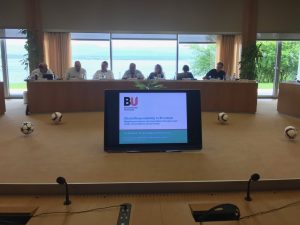
Creating more impact
Next will be to promote the new knowledge throughout academia and practice, and to create further impact on the level of international and national federations as well as club level. Set avenues include:
- Providing a synopsis of his research and managerial implications to be sent to all 55 national federations;
- Contributing an article in UEFA’s official magazine UEFAdirect, a monthly magazine which gets distributed all across Europe and online;
- Convening a special workshop and presenting own research findings at the 25th European Association for Sport Management Conference in September;
- Delivering a full-day CSR workshop to Bundesliga managers in November;
- Discussing findings with individual national associations throughout the upcoming months/year, such as the German Football Association (the single largest sports federation in the world) since they officially supported his grant application building on earlier reported engagement:
- “Impacting on policy and process: BU Corporate Social Responsibility expert informs discussions at German Football Association’s annual congress”, http://blogs.bournemouth.ac.uk/research/2015/12/17/impacting-on-policy-and-process-bu-corporate-social-responsibility-expert-informs-discussions-at-german-football-associations-annual-congress
- “BU management academic advises German Football Association on CSR”, http://blogs.bournemouth.ac.uk/research/2015/10/26/bu-management-academic-advises-german-football-association-on-csr-2
Tim is a leading expert in corporate social responsibility in sport and, amongst other, the lead guest editor of the European Sport Management Quarterly (ABS 3***) upcoming 2019 special issue “Social Responsibility and the European Sport Context” (http://explore.tandfonline.com/pages/cfp/resm-cfp-social-responsibility-and-the-european-sport-context)
Dr Tim Breitbarth (Principal Academic and Global Engagement Lead, Department of Sport & Physical Activity) is available at tbreitbarth@bournemouth.ac.uk
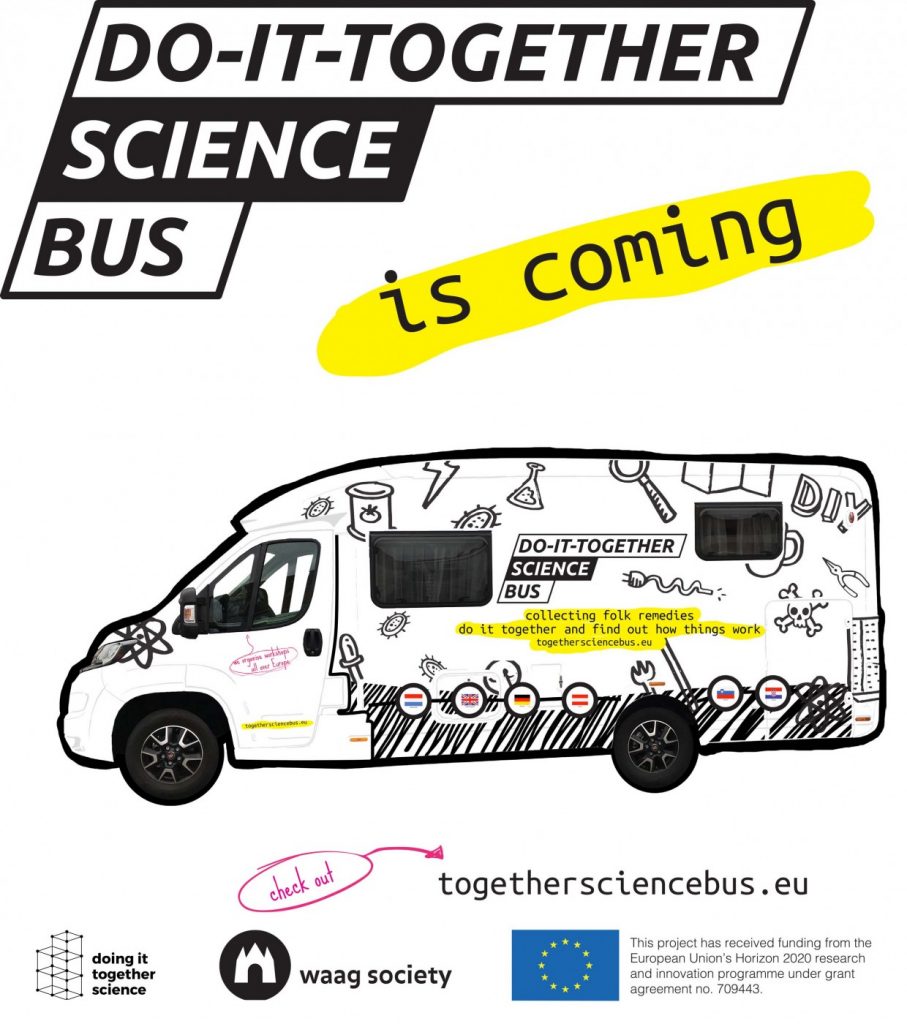 And how can you charge your phone when you don’t have access to electricity? We want to find out with you! The Science Bus brings you workshops and tools to find the answers to these questions and investigate the world around you.
And how can you charge your phone when you don’t have access to electricity? We want to find out with you! The Science Bus brings you workshops and tools to find the answers to these questions and investigate the world around you.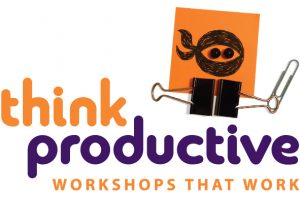 The
The 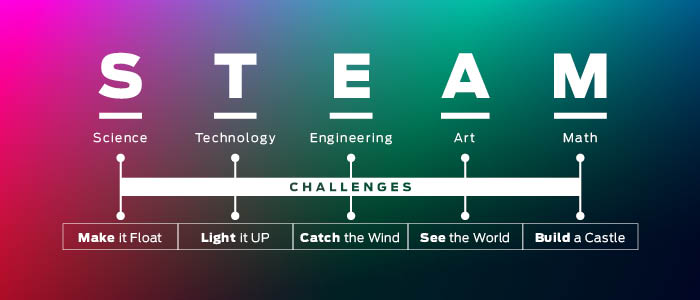
 Four key topics have been selected for the STEAMLabs in 2017/18. These are based around key government priorities and where the biggest pots of funding will be available. The STEAMLab topics are:
Four key topics have been selected for the STEAMLabs in 2017/18. These are based around key government priorities and where the biggest pots of funding will be available. The STEAMLab topics are:
 From Tuesday, 25 July 2017 a
From Tuesday, 25 July 2017 a 
 The Academy of Medical Sciences in partnership with the British Academy, the Royal Academy of Engineering, and the Royal Society, is delighted to announce the call for applications to a scheme to allow researchers from developing countries and the UK to forge links and hold networking events to generate innovative and interdisciplinary research ideas to address global challenges.
The Academy of Medical Sciences in partnership with the British Academy, the Royal Academy of Engineering, and the Royal Society, is delighted to announce the call for applications to a scheme to allow researchers from developing countries and the UK to forge links and hold networking events to generate innovative and interdisciplinary research ideas to address global challenges.










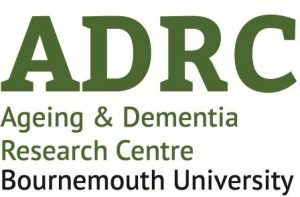
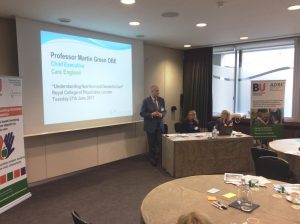
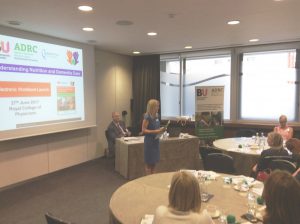
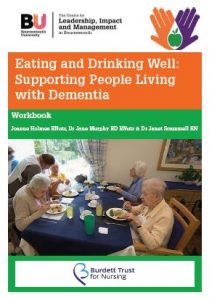











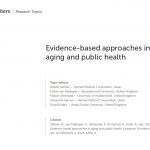 New eBook published in April
New eBook published in April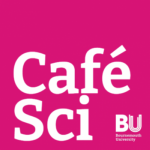 Café Scientifique Tuesday 4 June 2024 – How can we become more resilient in the face of multiple risks and hazards?
Café Scientifique Tuesday 4 June 2024 – How can we become more resilient in the face of multiple risks and hazards? MSCA Postdoctoral Fellowships 2024
MSCA Postdoctoral Fellowships 2024 Horizon Europe News – December 2023
Horizon Europe News – December 2023